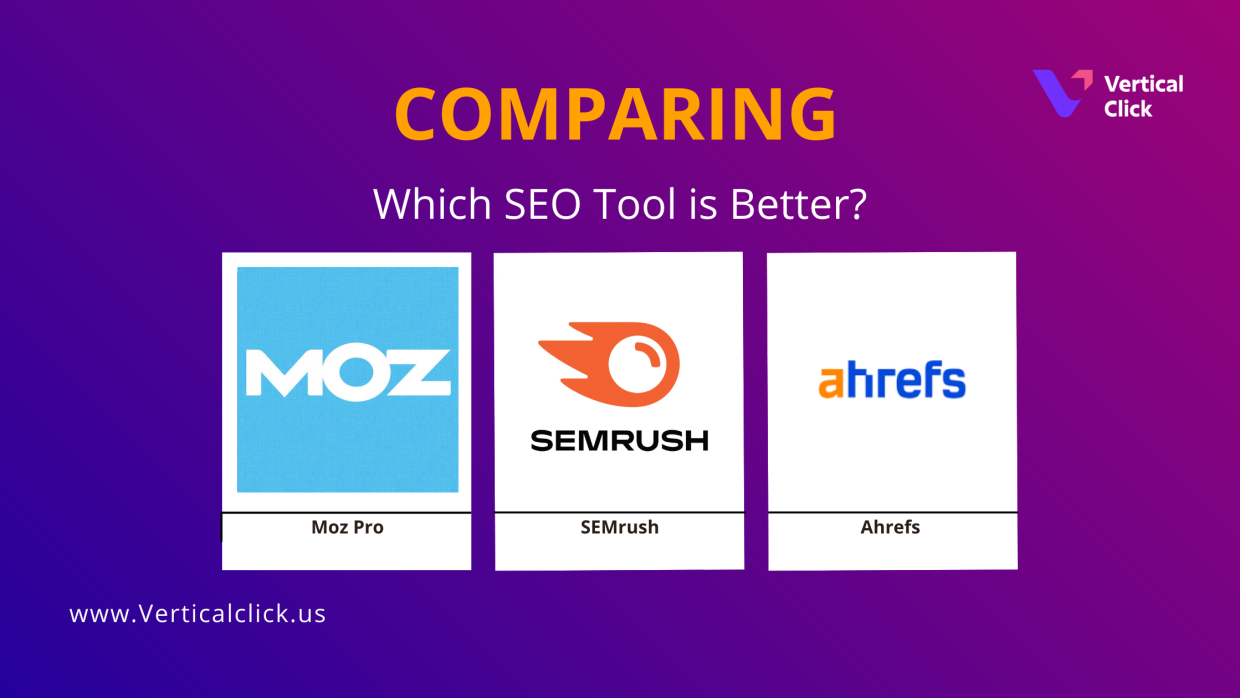It emphasizes the value of PASF for content development, keyword insights and optimization, finding user intent, competitive analysis, long-tail keyword opportunities, understanding search trends, and SERP feature optimization.
Search Engine Optimization (SEO) refers to a set of tactics and methods used to improve a website’s organic search engine rankings and increase the volume and quality of visitors. Understanding how search engines work, what people search for online, and how and why they do so is the foundation of SEO.
What Do You Mean by “People Also Search For” Box?
The “People Also Search For” box is an experiential element that Google connects to its search results in sequence to present to the individual a series of questions that directly relate to the search keyword.
For example, if someone searches for “best time to post a reel or static post on Instagram,” this section may show such questions at the PASF box:
The importance of ‘People Also Search For’ Related to SEO Keyword Expansion
The PASF not only unveils closely related keywords that your audience is actively searching for but also enriches content and drives more traffic.
- User Intent Insights: These suggestions reflect what users are curious about next, helping you better align your content with search intent.
- Content Optimization: Incorporating PASF terms naturally into your content can help improve relevance and increase your chances of ranking for long-tail keywords.
- Improved Internal Linking: PASF queries can guide you in creating content clusters or related articles, improving site structure and user navigation.
Strategy for Using PASF Effectively
- PASF Keywords: Find your targeted and primary keyword on Google. Click on a few results and observe the PASF suggestions that appear when you return to the search page.
- Use tools like Ahrefs, SEMrush, or free extensions like “Keywords Everywhere” to extract these terms.
- Content Planning: Use PASF queries as H2/H3 subheadings or FAQs in your articles
- Create a new blog post around high-potential queries.
- Optimize for Search Intent: Analyze what kind of content ranks for PASF terms (informational, transactional, etc.).
- Match the content format to user expectations (e.g., listicles, how-tos, comparisons).
- Track Performance: Monitor keyword performance via Google Search Console.
- Adjust content periodically based on click-through rates and ranking trends.
Conclusion
The “People Also Search For” option is not mere curiosity but a rather strategic SEO asset. By leveraging this more related search query, you can aurify your content for depth and relevance, visibility, and applicability even. Use PASF to stay ahead of your competition when exactly serving your audience.

